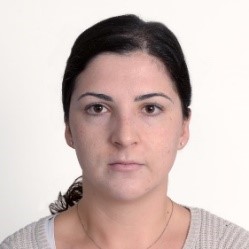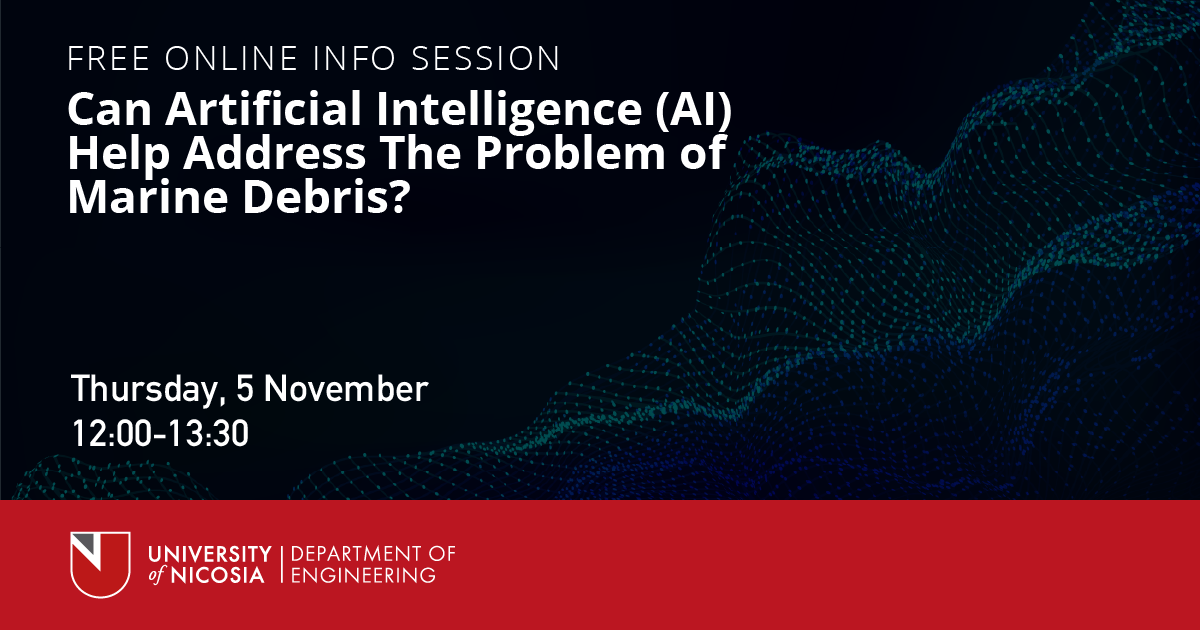Plastic debris in the marine environment is one of the most pressing environmental concerns of our time. Detailed knowledge of the abundance and distribution of plastic debris across the world’s oceans can help better monitor, control and address the environmental hazards. Utilising Artificial Intelligence (AI) tools for the detection and identification of plastic objects in the marine environment can help reveal the true scale which is key to suggesting remedial measures.
In this talk, we will present smart ways for identifying plastic debris in the sea and the coastline. Starting from simple image processing techniques and concluding with sophisticated AI tools, we propose intelligent plastic debris classifiers. Such classifiers are able not only to categorize images of plastic items but also to localize and segment the debris in the image scene.
The AI-based plastic object detectors can identify seven categories of objects: (1) plastic bottles, (2) buckets, (3) bags, (4) fishing nets, (5) straws, (6) food wrappings and (7) a fish. Additionally, these classifiers can be applied both to the sea and the shore which renders them flexible and multitasking. Results from testing the image classifiers on hundreds of images featuring plastics attained a prediction accuracy of 90%. More importantly, YOLOv3 & v4 and the YOLACT++ tools can discern plastic bodies under near real-time conditions from video footage, hence, accelerating the screening of plastic detection.
All tools were applied to recorded videos from a Cypriot beach which featured plastic items. Concluding, we propose an object segmentation technique which is able to track changes in an object’s geometry which can generate useful information pertaining to the degradation rate of plastic litter that dot our seas and shores.
Speaker’s bio:

Mrs Kyriaki Kylili is currently reading for the PhD in Electrical Engineering, at the University of Nicosia. Her field of investigation deals with the creation of smart ways for identifying plastic debris in the marine environment and the application of artificial intelligence. Kyriaki also studied the micro-plastics detection in the water using an ultrasonic sensor as well as she dealt also with the modelling of the fate of micro-plastics leaving from Cypriot coastlines. Kyriaki participated in the PLASTICMED research project which dealt with the detection and identification of micro- and macroplastics in the Mediterranean Sea which was funded by the Universitas Foundation. Her doctoral research is also funded by the University of Nicosia and the A. G. Leventis Foundation. Kyriaki holds a Master’s Degree in Physics, from the University of Cyprus, during which she completed a graduate thesis related to the optical properties of organic-hybrid materials which can be used in LED devices. Kyriaki also holds a Bachelor Degree in Physics, from the University of Cyprus.




